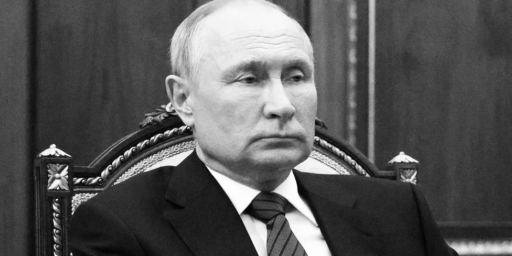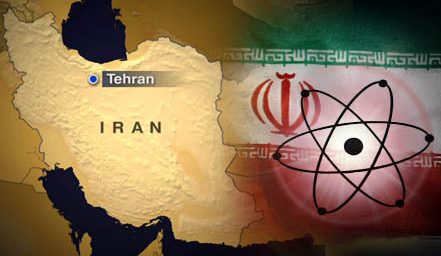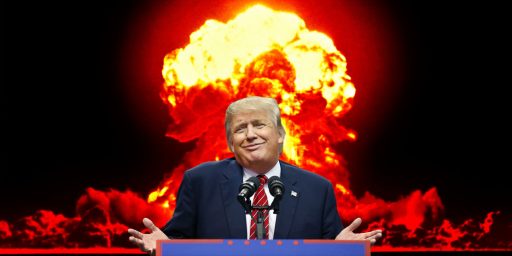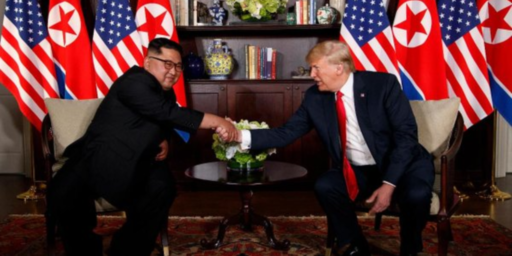UN Security Council Expansion Proposed
U.N. Report Urges Big Changes; Security Council Would Expand [RSS] (NYT)
The United Nations on Tuesday proposed the most sweeping changes in its history, recommending the overhaul of its top decision-making group, the Security Council, and holding out the possibility that it could grant legitimacy to pre-emptive military strikes. The changes were outlined in a much-anticipated report commissioned by Secretary General Kofi Annan a year ago after bruising division over the Iraq war left the United Nations feeling ill-equipped to meet modern challenges represented by terrorism, failed states, nuclear proliferation, poverty and violence.
In its most attention-getting recommendation, the panel called for an expansion of the Security Council to 24 members from 15. But the panel was unable to agree on one proposal and ended up suggesting two options. Both are intended to broaden the membership of the Council to reflect the world of today rather than the one that existed at the United Nations’ beginning nearly 60 years ago. The Council now has 5 veto-bearing permanent members – Britain, China, France, Russia and the United States – and 10 members elected to two-year terms.
One alternative would add 6 new permanent members – the likely candidates are Brazil, Germany, India, Japan, Egypt and either Nigeria or South Africa – as well as 3 new two-year term members. The other would create a new tier of 8 semipermanent members chosen for renewable four-year terms and one additional two-year term seat to the existing 10. The right to cast vetoes, a power coveted by the nations seeking permanent status and one they are likely to press for, would continue to be limited to the 5 original permanent members.
This is simply a non-starter. One would think one or more current Permanent Members would veto the inclusion of any new one into the mix. Plus, of course, one has the Pandora’s Box phenomenon: Once the door is open to expanding the membership, any number of excluded states would be alienated.
Aside from the politics of expansion, it’s simply a bad idea. The current Security Council is anemic enough as it is. Trying to get agreement among the Permanent 5 on the use of force is exceedingly difficult–indeed, unprecedented. The only serious military action approved in the sixty year history of the body was Korea, and that was possible only because of a Soviet boycott and the fact that the China seat was occupied by the Nationalist government of Taiwan.
Addressing the critical issue of the legitimacy of the use of force, a source of crippling tension at the United Nations last year when the United States was seeking Security Council authorization to go to war in Iraq, the panel said it found no reason to amend the charter’s Article 51, which restricts the use of force to countries that have been attacked. The report said the language did not constitute, as some have asserted, a demand that nations wait to be attacked. And it said many countries had exercised the right to attack when they had felt threatened. But it acknowledged that a new problem had risen because of the nature of terrorist attacks “where the threat is not imminent but still claimed to be real: for example, the acquisition, with allegedly hostile intent, of nuclear weapons-making capability.”
It said that if the arguments for “anticipatory self-defense” in such cases were good ones, they should be put to the Security Council, which would have the power to authorize military action under guidelines including the seriousness of the threat, the proportionality of the response, the exhaustion of all alternatives and the balance of consequences.
Apparently in anticipation of objections from Washington over that requirement, the report said, “For those impatient with such a response, the answer must be that, in a world full of perceived potential threats, the risk to the global order and the norm of nonintervention on which it continues to be based is simply too great for the legality of unilateral preventive action, as distinct from collectively endorsed action, to be accepted. Allowing one to so act is to allow all.”
Strong states will never allow their ability to use force to defend their perceived interest to be limited by an international body. Any attempt to try to strengthen the prohibition on the use of force outside the Security Council regime is therefore doomed to failure.
Update: Steven Taylor, who found this one early this morning, has some interesting thoughts as well.






The U.S. should predicate any Security Council changes on admission of Israel to a Regional Working Group (I think that’s the term.) IIRC the fact that Israel hasn’t been allowed to join any regional group prevents it from ever having a turn as a Security Council member. One of many, many, problems with the UN, but one that is administratively, if not diplomatically, easy to fix.